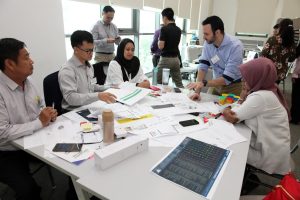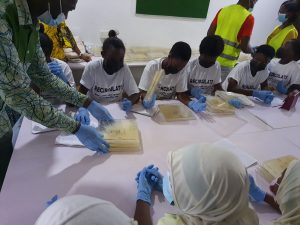Whether you are seeking to understand the local context for the development of a new intervention or to influence behaviour change for health and sustainability, engaging communities of users is critical.
Doing it well and cost-effectively requires strategic activities that maximise your research investment return as well as the benefits for the communities.
Based on our research portfolio in health and sustainability projects in different developing countries and interviews with ten community engagement experts we share some of the key tips for successfully engaging communities in market research in public and planetary health in developing countries:



First, community engagement should be done with intentionality and over a longer period of time for both community engagement and health programmes to be effective.
Second, successful community engagement requires consideration and understanding of the cultural context and value, the community hierarchy, structure and power balance.
Third, community engagement in health/sustainability should employ existing culturally embedded leadership structures, such as schoolteachers, religious leaders and community leaders.
Fourth, it should aim at creating a direct link between knowledge sharing and knowledge activation through capacity building and training programmes, which apply the new/shared knowledge in practice.
Fifth, in doing so it should train change agents from the community, particularly young children to embed change and share knowledge across families and communities.
Sixth, engaging communities through co-design and co-production of health/sustainability interventions provides a great tool for wider community acceptance and ownership.
Seventh, women’s more active participation in health/sustainability programmes and research has the potential to improve acceptance, ownership by the community as well as improve the understanding, access and quality of health interventions.
